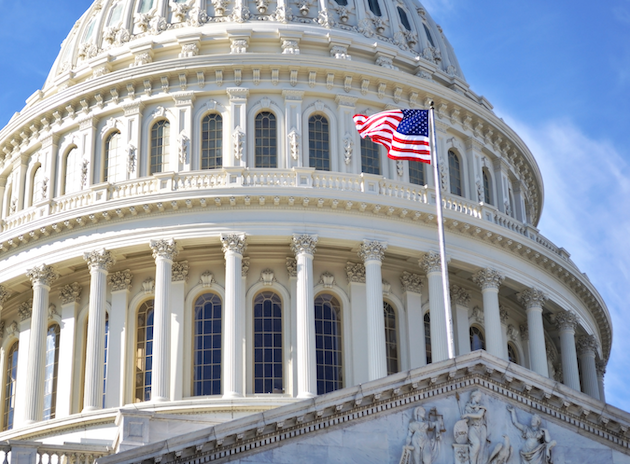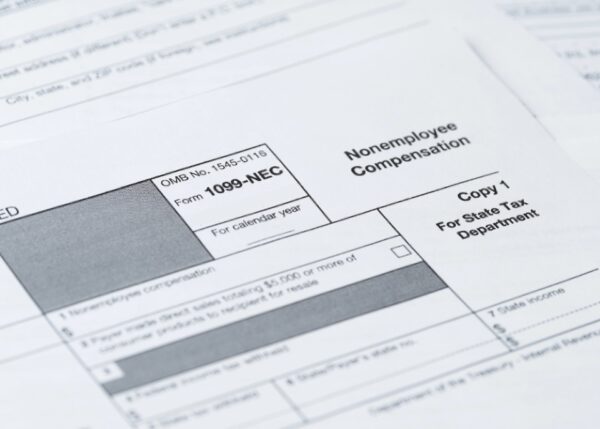A new tax bill making its way through the House Ways and Means Committee could significantly impact dental practice owners. While nothing is finalized yet, understanding what’s in the bill and what could change is the first step toward preparing for potential impacts in 2026 and beyond.
Here are some of the proposed highlights most relevant to dental practice owners:
- Enhanced Pass-Through Deduction: The bill would increase the Qualified Business Income (QBI) deduction from 20% to 23% and make it permanent. This would reduce taxable income for dental practices structured as S corporations, partnerships, or sole proprietorships.
- Increased Standard Deduction and Child Tax Credit: The standard deduction would be temporarily increased by $1,000 for single filers and $2,000 for married couples. In addition, the Child Tax Credit would rise to $2,500 per child, offering additional relief for dental professionals with families.
- Adjusted SALT Deduction Cap: The state and local tax (SALT) deduction cap would increase from $10,000 to $30,000, phasing out gradually for incomes above $400,000. For homeowners, especially those whose property taxes exceed $10,000, this change could allow for significantly greater deductibility.
- Elimination of Taxes on Tips and Overtime Pay: The bill would exempt tip income and overtime pay from federal income taxes in certain industries. While not directly applicable to most dental practice owners, it could influence compensation structures for support staff.
- Extended Bonus Depreciation and Interest Deductions: The bill extends 100% bonus depreciation and allows amortization and depreciation to be included in interest deduction calculations through 2029, making capital investment in technology or equipment more financially viable.
- Changes to Personal Deductions: The proposal would make permanent several itemized deduction limitations (such as on mortgage interest and casualty losses), eliminate personal exemptions, and simplify deduction structures.
- Rollback of Clean Energy Incentives: Provisions from the Inflation Reduction Act would be scaled back or phased out. Dental practices considering green upgrades, like solar panels or energy-efficient systems, may need to reassess their cost-benefit analysis under a new tax environment.
- End of IRS Direct File Program: The legislation would terminate the current IRS Direct File system and replace it with a public-private partnership, returning most free filing options to private software providers.
Preparing Your Dental Practice
The proposed tax bill is still in its early stages, and no immediate action is required. However, staying informed now can help you respond effectively if the legislation advances in its current form. If the bill passes as written, dental practice owners may need to:
- Reassess business structure: Changes to the Qualified Business Income (QBI) deduction could make it worthwhile to review whether your current entity type, such as an S corp or sole proprietorship, is still the best fit.
- Revisit compensation strategies: While the elimination of taxes on tips and overtime pay may not directly apply to dental practices, it could influence how you approach payroll, especially for administrative and support staff.
- Consider the timing of future investments, especially for equipment or sustainable upgrades that may lose tax advantages.
- Reach out to us with questions: Once legislation is finalized, we can help you understand the full impact on both your business and personal finances and identify opportunities to optimize your tax strategy.
What’s Next?
The bill still needs to pass the full House and then move through the Senate, where key provisions could be revised or removed. In short, the final version could look significantly different. That said, with the 2017 tax cuts set to expire after 2025, action on tax legislation is expected before year-end.
For now, the best course of action is to stay informed and prepare to plan ahead should the bill advance. As with any proposed legislation, details remain in flux, and this particular bill seems to be evolving almost weekly. We will do our best to keep you informed as updates are made public and the bill continues its journey through Congress and, potentially, to the President’s desk for final approval later this year.
If it moves forward, we’ll be here to help you understand the specifics and make proactive decisions for your dental practice.




